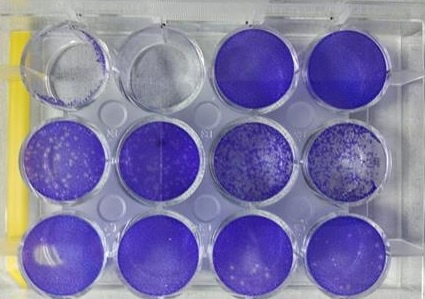
The Centre for Cellular and Molecular Biology (CCMB) has established stable cultures of coronavirus (SARS-CoV-2) from patients’ samples. Virologists at CCMB have isolated infectious viruses from several isolates. The ability to culture the virus in lab enables CCMB to work towards vaccine development and testing of potential drugs to fight COVID-19.
Novel coronavirus enters human cell by binding with the ACE-2 receptor on the cell surface. Not all cells have ACE-2 receptors. Human epithelial cells in the respiratory tract copiously express ACE-2 receptors, causing respiratory disease in the infected patient. However, we cannot grow human epithelial cells in lab.
Why Virus Culture: If we culture a large amount of the virus and inactivate them, then it can be used as inactivated virus vaccine. Once we inject the inactivated virus, the human immune system triggers the production of germ-specific antibodies. One can inactivate the virus by heat or chemical means. The inactivated virus can trigger antibody response, but does not infect and make us sick as they cannot reproduce.
For the development of antibodies or antidots, virus cultures are important. Inactivated viruses can trigger antibody response in other mammalian hosts in addition to humans.

